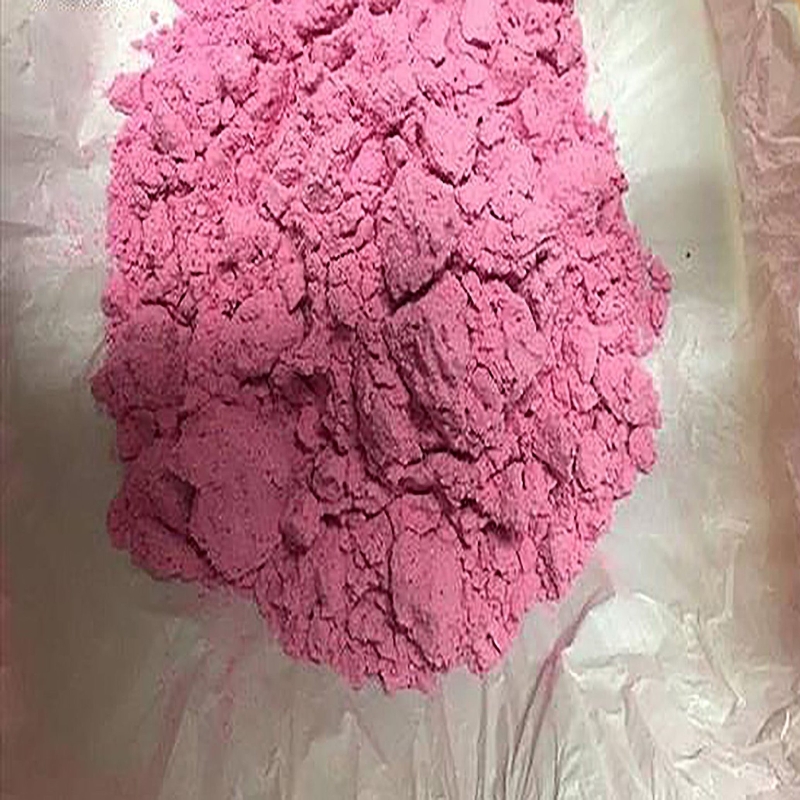-
Categories
-
Pharmaceutical Intermediates
-
Active Pharmaceutical Ingredients
-
Food Additives
- Industrial Coatings
- Agrochemicals
- Dyes and Pigments
- Surfactant
- Flavors and Fragrances
- Chemical Reagents
- Catalyst and Auxiliary
- Natural Products
- Inorganic Chemistry
-
Organic Chemistry
-
Biochemical Engineering
- Analytical Chemistry
-
Cosmetic Ingredient
- Water Treatment Chemical
-
Pharmaceutical Intermediates
Promotion
ECHEMI Mall
Wholesale
Weekly Price
Exhibition
News
-
Trade Service
The impact of perioperative stroke and delirium on outcomes after surgical aortic valve replacement
Effects of delirium and perioperative stroke after surgical aortic valve replacement on long-term outcomes in patients
By Dani & Miao & Cat
Abstract
The effect of stroke and delirium on discharge cognition and health outcomes in patients with surgical aortic valve replacement (SAVR) is unclear
.
Therefore, we aim to investigate the effects
of perioperative stroke and delirium on patient-centered health outcomes at 90 days postoperatively.
Methods: SAVR patients (N=383) (41% who also underwent coronary bypass grafting) were enrolled to undergo neurological function and delirium assessment at 1, 3, and 7 days after surgery, and MRI examination
at 7 days.
Outcomes included a 90-day change in functional levels and neurocognitive decline compared to preoperative changes
.
Results: 25 (6.
6%) patients had clinical stroke and 103 (28.
5%) developed delirium
.
Perioperative stroke patients and delirium patients (HR, 0.
68; 95% [CI]:0.
54-0.
86; P 1/4.
001) experienced a longer hospital stay (HR, 0.
62; 95%[CI]:0.
42-0.
94; P 1/4.
02) Patients with delirium (HR, 0.
68; 95%[CI]:0.
54-0.
86; P ¼ .
001)
。
Stroke patients with 90 days were more likely to score on the modified Rankin scale >2, [OR], 5.
9; 95%[CI]:1.
7-20.
1; P 1/4.
01), more depressed (OR, 5.
3; 95% [CI]:1.
6-17.
3; P 1/4 .
006), lower adjusted mean difference P 1/4 .
08), postoperative cognitive decline (OR, 7.
8; 95% [CI]:2.
3-26.
4; P ¼ .
001)
。
Figure&Table
Scan the code in the original text







